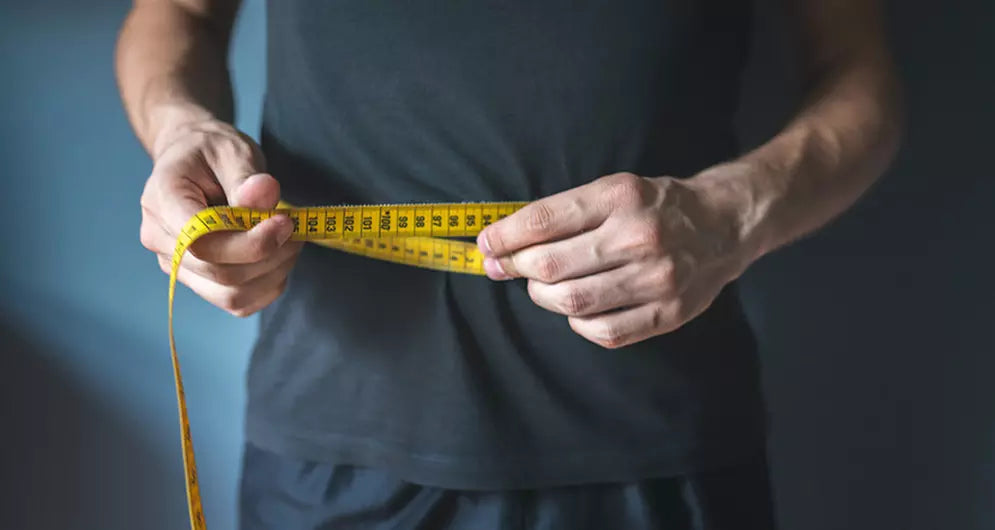Losing body fat while increasing muscle mass can seem like a difficult goal, but it can be done. Before we begin - one key thing to remember through your journey is that it’s going to take time and hard work. Losing weight and building muscle is not an easy task and there’s not quick solutions. Be patient and think of the bigger picture. If you want to lose weight and build muscle, then we have to understand key healthful practices that can managed long-term and sustained for a lifetime. We’ll walk you through some key principles to help you reach your goals.
To begin, one of the most obvious places to begin is with a goal. Sound easy, right? Well, often times –we want things to happen fast, but sometimes-quick goals are not really built for long-term success. Often times a person looking to lose an excessive amount of weight in a short period of time can do more harm than good to the body. Meaning we see people creating unhealthy eating patterns, too low calorie diets and restricting foods to the extreme. Let’s get away from that mentality. Instead, let’s start with a realistic, sustainable goal and aim for a steady weight loss of one to two pounds per week.
Step two is really understanding your calorie needs. Your body needs calories and it actually takes calories to burn calories. The tricky part here is we don’t ever want to go too low. There’s a perception that following an ultra-low calorie diet is the best way to lose weight. However, very low calorie intakes can actually lower your metabolism and cause your body to hold onto weight. Also, if you are not consuming enough energy through your diet, then your body may break down other tissues, like muscle or fat to be used as energy – which is extremely counterproductive to trying to build muscle. Overall, it’s important to understand your calorie needs and adjust accordingly for weight loss.
Next, what you eat matters. Focus on a healthful diet, which has an emphasis on balance, variety and moderation. Weight loss does not mean that you have to cut out foods or whole food groups. This restrictive mentality often leads to highs and lows with food as well as fluctuations with weight. Instead, include a balance of all three macronutrients: carbohydrates, protein and dietary fat. People like to turn down carbohydrates, but carbohydrates are a critical nutrient, which helps fuel your body, help supply energy to fuel strength training and supply energy for muscle development. Also, as you know – protein is a key nutrient in weight management as it helps to help support satiety, meaning it can help you feel fuller longer. Protein is also essential to help build muscle and support muscle recovery.
Lastly, a weight loss journey includes a balance between food as well as physical activity. The awesome thing is we can actually change our rate of metabolism with activity. Metabolism can increase with increased muscle mass and increased level of activity. Therefore, it’s important to include cardio as well as resistance exercise. In short, muscle is metabolically active and burns more calories, compared to fat. Therefore, the more muscle you have, the more calories your body burns. Consider increasing load as your body adapts and becomes stronger. This is a great way to burn calories as well as build muscle.
Overall, losing weight and building muscle can be done. Remember, be patient and think long-term. Here are three tips to help you meet your goals –
- Start with a realistic, attainable and sustainable goal
- Honor your hunger and satiety and be mindful of your overall nutrition needs
- Aim to consume a high-protein diet starting with a protein-rich breakfast and adding high-quality protein to meals and snacks





